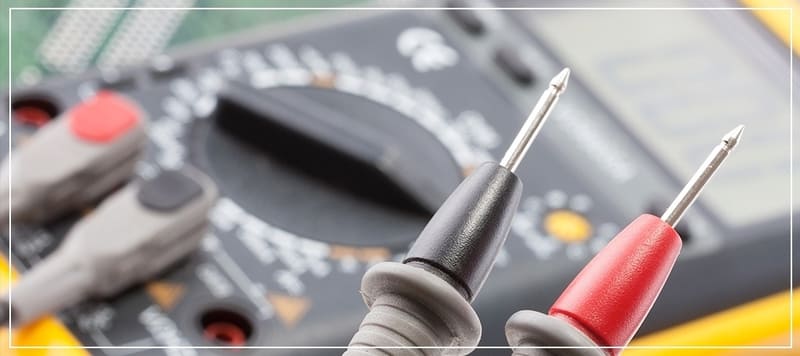How to Extend the Life of Your Battery
Batteries are the heart of material handling equipment. They're also one of the costliest components in any material handling piece of equipment-- often batteries are 25%-30% of a forklift’s purchase price. With so much money -- and your uptime -- on the line, it is imperative to take proactive steps to extend the life of your batteries.
Fortunately, it’s easy to get longer life and greater performance from your batteries. We’ve shared information before on how to maintain batteries. This post includes some of those tips along with additional strategies to get the most from your system.
Develop a routine — make maintenance a habit
A few minutes a day catches potential issues early — and can save big money.
1. Perform a visual inspection of your batteries.
Look at the plugs and terminals for any loose connections or frayed wires. If an immediate repair is not possible, remove the battery from use until it can be repaired.
2. Inspect your battery for sulfation.
Battery Sulfation happens when white sulphuric crystals appear on the battery’s lead plates and will impede a battery’s ability to hold a charge. Cleaning is easy with a little water and battery acid neutralizer. Wipe up any dirt, debris, sulfation, or spilled liquids on and around the battery.
3. Monitor the temperature on and around the battery.
Keep a safe operating temperature that does not exceed 45℃ (113℉). Temperatures above this can affect the charge level and if prolonged, shorten the life of the battery. Overheated batteries (of any chemistry) are dangerous to handle; do not charge until they have returned to a normal temperature range.
Maximize your charge
Details matter in battery charging. Too little, too much, too long, or not enough will impact the life of your battery.
4. Watch the level of charge.
Do not let the remaining charge in your batteries drop below 30%. If a battery gets too low or completely drains itself of a charge, the recharging time will be substantially longer (think days) -- and a drained battery could damage the electrical components of your machinery.
5. Stop when finished.
Overcharging a battery past 100% can overheat batteries and be just as damaging long term as letting a charge drop below a safe level. Look for chargers that stop charging appropriately, and be sure to load the proper charging profile for your battery.
6. Schedule specific times for charging.
Your equipment may have different use rates, which means the batteries may have different charging requirements, such as daily vs. every three days. Document what your equipment requires and then create a schedule to ensure each battery is regularly charged. This process will ensure your equipment won’t quit part way through a job, and it’ll save your time and money.
7. Turn off the charger completely.
Take a moment to make sure the entire charging process is completed before removing the battery - including shutting off the charger. Removing a battery too soon can damage both battery and charger.
Maintenance is easy — and essential
Beyond inspecting and charging, there are other regular steps to keep your battery and your equipment, running optimally.
8. Equalize your battery.
Every 5-10 charging cycles (based on manufacturer recommendations) your batteries should be equalized. Equalizing is a process of deliberately overcharging a battery to remove sulfate crystals that build up on the plates over time. Note: This should only be done with a charger equipped with an equalizing setting.
9. Maintain proper fluid levels.
Make sure there is enough fluid in your batteries to cover the battery plates. Refill with distilled water that measures between 5 and 7pH, and is within recommended limits for impurities as impure water can lead to battery damage.
With a little attention and plan of action, can make maintenance easy — and extend the life of your battery.


